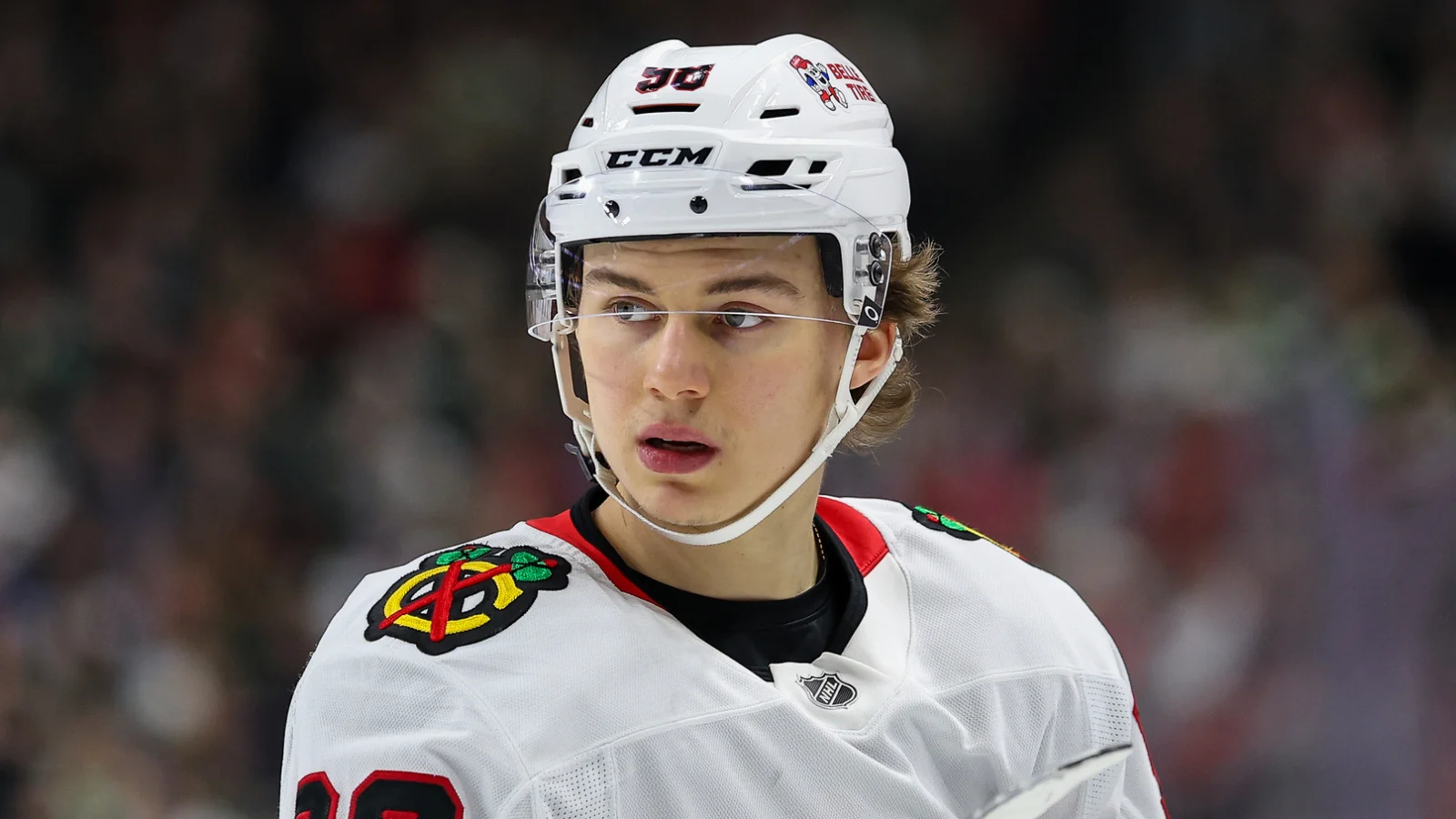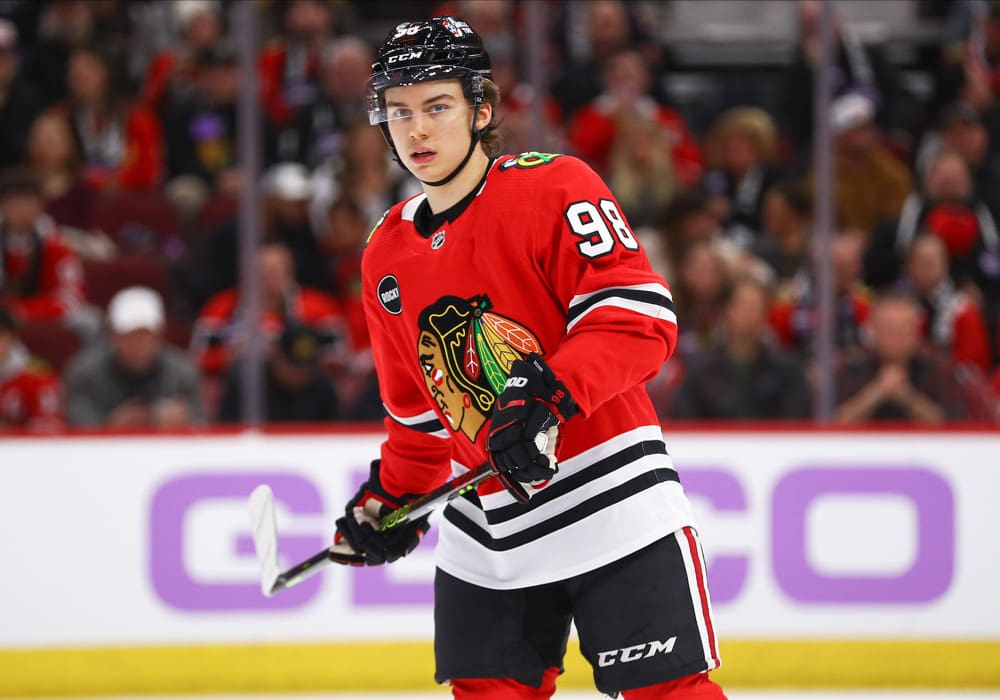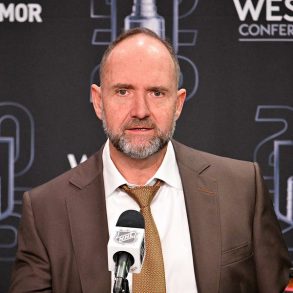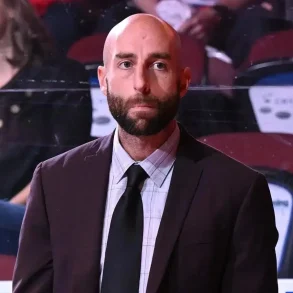Connor Bedard, the highly touted prospect for the Chicago Blackhawks, has long been viewed as a generational talent with limitless potential. However, hockey insiders believe his development could be hindered by the absence of a true running mate, a skilled, top-tier player who can keep up with his pace and contribute meaningfully on the top line.
While the Blackhawks have a number of promising young players, none are currently seen as fitting partners for Bedard’s unique skillset. Without consistent support on the ice, his growth may slow, which could have lasting consequences for both his career and the team’s future.
Lack of Top-Line Help Limits Bedard’s Growth Despite Offseason Efforts by Chicago
Bedard’s second NHL season hasn’t delivered the statistical leap many fans and analysts expected. While some hoped he’d dominate offensively, his production has been hindered by being virtually alone on the top line.
With little help from teammates who can match his level of play, Bedard has faced increased defensive pressure, limiting his impact. The lack of chemistry and support around him is raising concerns about his ability to flourish under current circumstances.

The Athletic’s Mark Lazerus weighed in on the issue, noting that the Blackhawks’ front office did attempt to address this imbalance during the offseason. General manager Kyle Davidson tried to acquire Jake Guentzel, a proven scorer, but ended up signing Tyler Bertuzzi and Teuvo Teräväinen instead.
Unfortunately, both of those players have been shifted to support the second line centered by rookie Frank Nazar, leaving Bedard without the elite winger he desperately needs.
Bedard Needs Skilled Teammates, But Blackhawks Struggle to Attract Top-Tier Talent
According to Lazerus, for Bedard to reach his “almost limitless potential,” he must be paired with someone who can not only keep up with him physically but also think the game at his level. While the intent to provide that support was present, the execution fell short.
The lack of a dynamic first-line partner continues to be a glaring issue for Chicago. Without this complementary piece, Bedard is left to shoulder the burden of production, leadership, and playmaking on his own.
The challenge for the Blackhawks is that top-tier wingers are reluctant to join a team that has finished near the bottom of the standings for two straight years. Lazerus refers to it as a “Catch-98,” a twist on the classic paradox of needing success to attract talent, but needing talent to find success.
Players like Mitch Marner or Brock Boeser could have been ideal additions, but convincing them to join a rebuilding team has proven difficult. Until Chicago demonstrates a genuine commitment to winning, elite veterans may continue to avoid signing with them, leaving Bedard’s development at the mercy of long-term internal growth.







